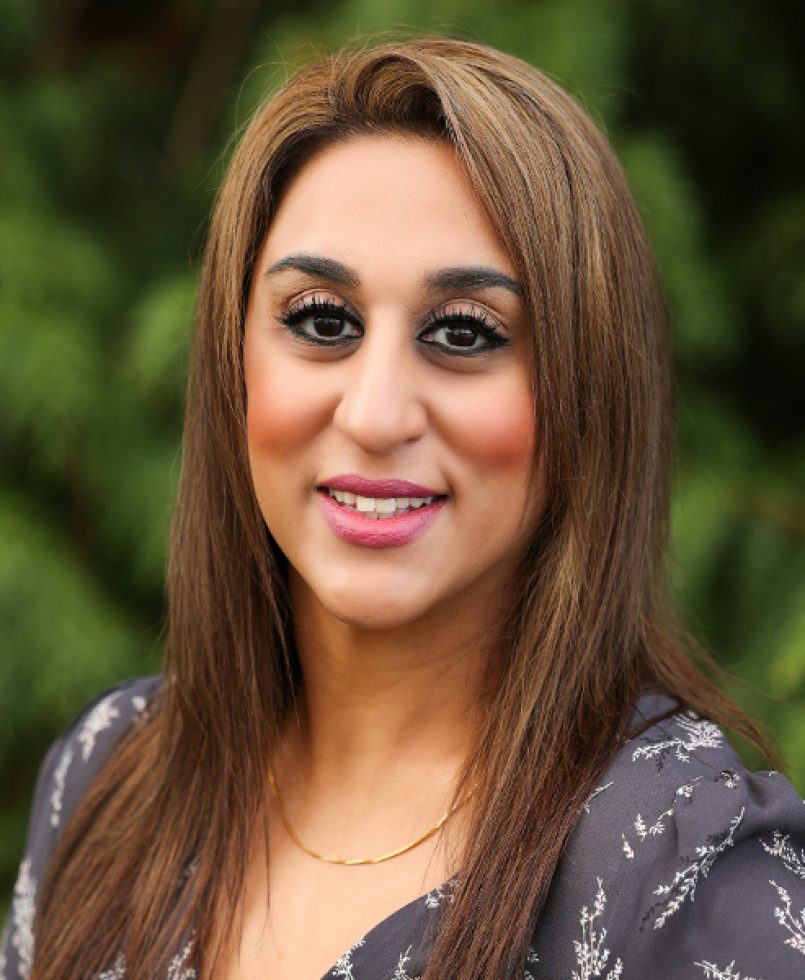Do you need to make a change for the better?
Quitting an addiction or dealing with post-traumatic stress or ADHD on the daily is no easy feat. There is no magic formula that is going to solve your problems and the only way to change is to create change yourself…perhaps you already know that! You may be feeling especially depressed or anxious about this need to change, and it may feel like you don’t have the courage to change, even if your current behaviors are causing pain and stress.
It can be hard and overwhelming to address these changes alone. You will have more success and support in addressing these changes with someone else at your side. At Expressions Counselling, we want you to know that you have our full support to overcome these destructive thoughts and behaviors.
We offer our clients the skills they need to regulate their feelings and grow without fear of change via dialectical behavioral therapy.

What is Dialectical Behavioral Therapy?
Dialectical Behavioral Therapy (DBT for short) is an evidence-based form of talk therapy that can be either used in conjunction with Cognitive Behavioral Therapy (CBT) or by itself. DBT uses what is referred to as dialectics, which is based on the idea that everything consists of opposites and that change can only come about by performing a “dialogue” between conflicting thoughts.
A common practice in DBT is exploring the dialogue between our emotional mind and rational mind. As we explore the strengths of both the emotional and rational minds, clients connect to their wise mind, which is where these two minds meet and work together.
One of DBT’s most common techniques is validation. In our years of practice, we have found that when validation is applied alongside the push for change, it results in the patient feeling a great deal less distress and a greater interest in cooperating and connecting with the idea of change.
DBT is skills based, and parallel to validation and dialogue, therapists teach the skills needed for coping with stress, the regulation of negative emotions, changing self-destructive habits (such as substance overuse and eating disorders) and improving relationships.
DBT has four main skills modules; mindfulness, interpersonal effectiveness, distress tolerance, and emotional regulation.
DBT is useful for clients who are looking for concrete strategies and structure in session. Handouts, written exercises and homework are central to learning and practicing new skills when using DBT. It can be combined and used with expressive therapies like art therapy, as many DBT exercises and skills can be explored through image and creativity.
How long is a DBT session?
Sessions last as long as our talk therapy sessions, which can be from 20 minutes to 1 hour.
Is DBT Right for Me?
DBT can be the most effective form of talk therapy for anyone who is struggling with the following:
- ADHD
- Eating disorders such as anorexia and bulimia
- Generalized anxiety disorder
- Depression
- PTSD
- Bipolar disorder
- Substance abuse
- Obsessive-compulsive disorder (OCD)
DBT is increasingly becoming one of the most accessible means of developing non-destructive habits, coming to terms with one’s mental state, creating new solutions that will improve one’s lifestyle, and connecting with your emotions. DBT is appropriate for all clients, regardless of your age, gender, race, nationality, sexuality or cultural background.











